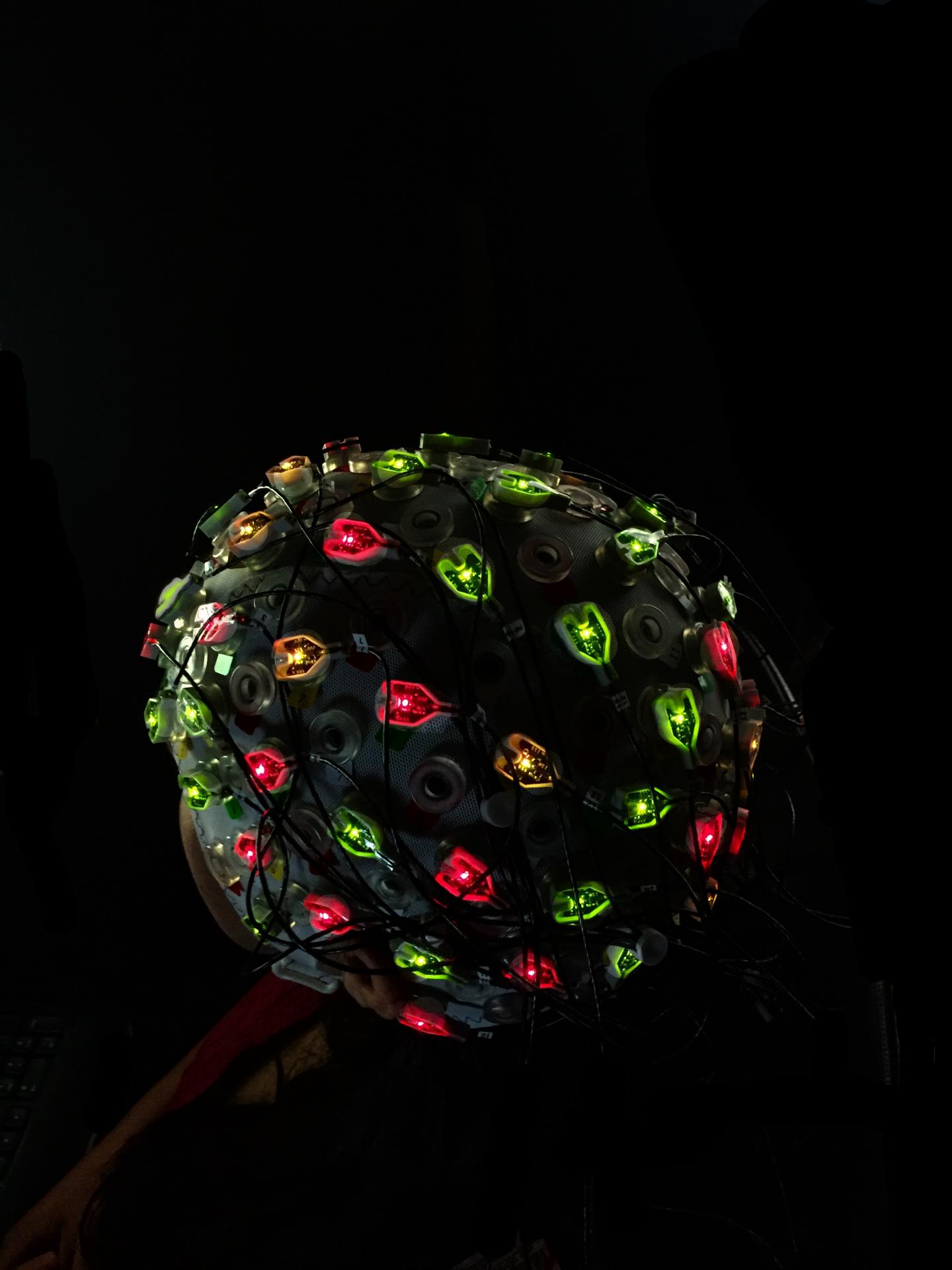
Credit: Wyss Center www.wysscenter.ch
Wyss Center for Bio and Neuroengineering, Geneva, Switzerland – Personalized neurotechnology-aided rehabilitation of the arm could improve recovery in severe chronic stroke patients according to a new paper published today in the journal Brain.
Neurotechnology-based therapies, including brain-machine interfaces, robotics, and brain stimulation among others, will lead to largest treatment effects and success if they are tailored to the needs of individual patients, and used in combination, say the authors from the Wyss Center for Bio and Neuroengineering, Swiss Federal Institute of Technology Lausanne (EPFL), Scuola Superiore Sant’Anna, University of Geneva Faculty of Medicine and Clinique Romande de Réadaptation. The paper calls for longitudinal clinical studies to show the rehabilitation benefits of individual therapies as well as the use of multiple complementary therapies used in combination over long time periods.
Lead author Dr. Martina Coscia, Staff Engineer at the Wyss Center said: “Our findings show that neurotechnology-aided upper limb rehabilitation is promising for severe chronic stroke patients. However, we also found that the ‘one size fits all’ approach doesn’t lead to the best outcome. We suggest a move towards a personalized combination of neurotechnology-based stroke rehabilitation therapies, ideally in a home-based environment where prolonged therapy is more feasible than in a clinic.
“We believe that by sequentially introducing stroke therapies according to individual progress, we could allow patients to continue their recovery beyond what is possible today.”
Stroke is a major public health problem that causes long-term impairments in millions of people worldwide. One of the most common consequences of stroke is impaired upper arm function which has a direct impact on daily tasks and quality of life. Rehabilitation therapies generally have the largest effect in the first three months after stroke. After this time, patients are considered chronic and the likelihood of further natural recovery is limited; this is especially true for those most severely affected.
Professor Friedhelm Hummel from EPFL (Director, Defitech Chair of Clinical Neuroengineering) and the University of Geneva Medical School said: “What we would like to see in the future are long-term trials in which multiple neurotechnology-based therapies are used within the same patient. We believe that this synergistic approach could uncover previously undiscovered treatment pathways for chronic stroke patients.”
The authors compared effectiveness data from 64 clinical studies on upper limb neurotechnology-aided treatments in chronic stroke patients. The interventions analyzed in the paper included robotics, functional electrical stimulation of muscles, brain stimulation and brain-computer interfaces as well as their use in combination.
The interdisciplinary research team is now starting a clinical trial to test these ideas. The trial uses a new experimental design with a personalized therapy approach using brain-computer interfaces, robotics, functional electrical stimulation and brain stimulation specifically chosen to maximize treatment effects in each individual patient. The goal is to keep incrementally improving recovery by using new personalized, neurotechnology-based therapies in combination. The trial will start in Switzerland in summer 2019.
###
For further information about the trial and how to be involved contact Prof. Friedhelm Hummel (EPFL): [email protected].
The article, ‘Neurotechnology-aided interventions for upper limb motor rehabilitation in severe chronic stroke’ is published in Brain: https:/
Other images available: https:/
For further information please contact:
Jo Bowler, Media and Public Relations Manager
Desk: +41 (0) 58 201 03 09
Mobile: +41 (0) 79 861 10 68
[email protected]
Twitter: @Wysscenter
About the Wyss Center for Bio and Neuroengineering, Geneva, Switzerland
The Wyss Center is an independent, non-profit, bio and neurotechnology research and development organization focused on translation. The Center provides the expertise, facilities and financial resources to transform creative neuroscience research into clinical solutions for unmet medical needs.
The Center’s experienced multidisciplinary team from industry and academia provides the integrated scientific, engineering, clinical, regulatory and business expertise required to guide high risk, high reward projects on their journey from research to product.
Based at Campus Biotech in Geneva, Switzerland, the Center has advanced neuroscience and engineering facilities for the development of technology that will prevent, diagnose or treat nervous system disorders, or has the potential to improve lives.
The Center has ongoing projects in movement restoration, stoke rehabilitation, neural circuits, sensory function, and advanced technology.
A major goal of the Center is to ensure that innovative neurotechnologies advance until they are sufficiently mature to attract corporate partnerships, venture funding, or other mechanisms necessary to make them broadly available to society.
Established by a generous donation from the Swiss entrepreneur and philanthropist Hansjörg Wyss, the Wyss (pronounced “Veese”) Center, is a partner in a progressive neuroscience hub at Campus Biotech.
http://www.
Media Contact
Jo Bowler
[email protected]



